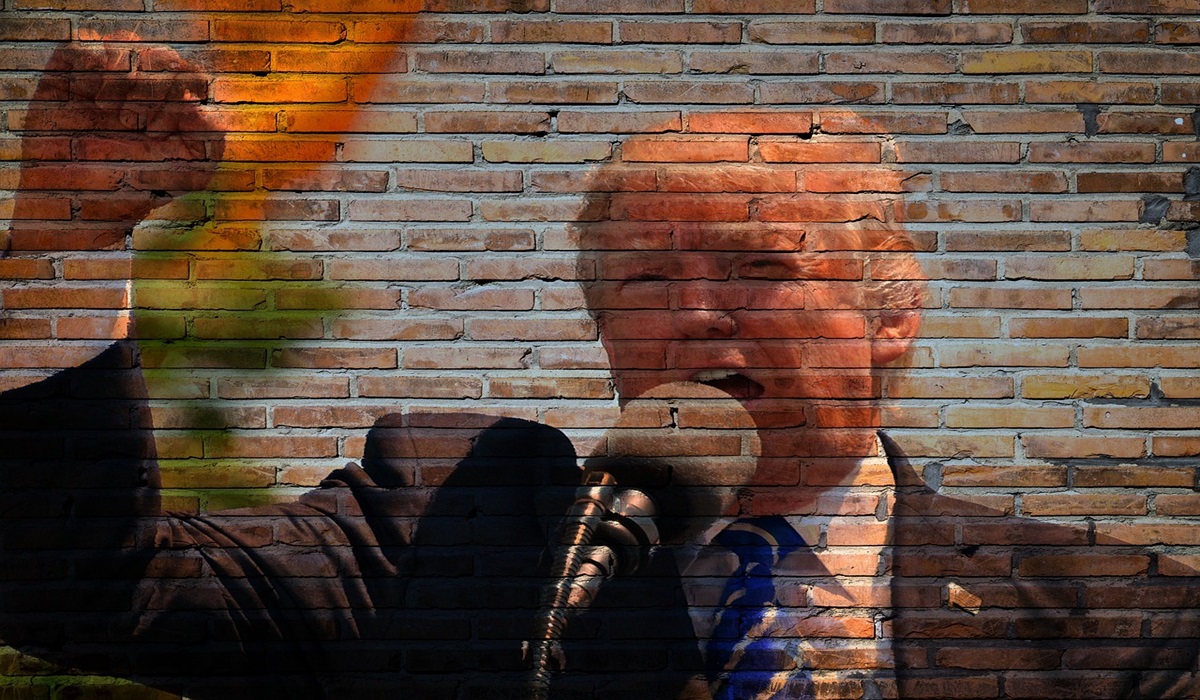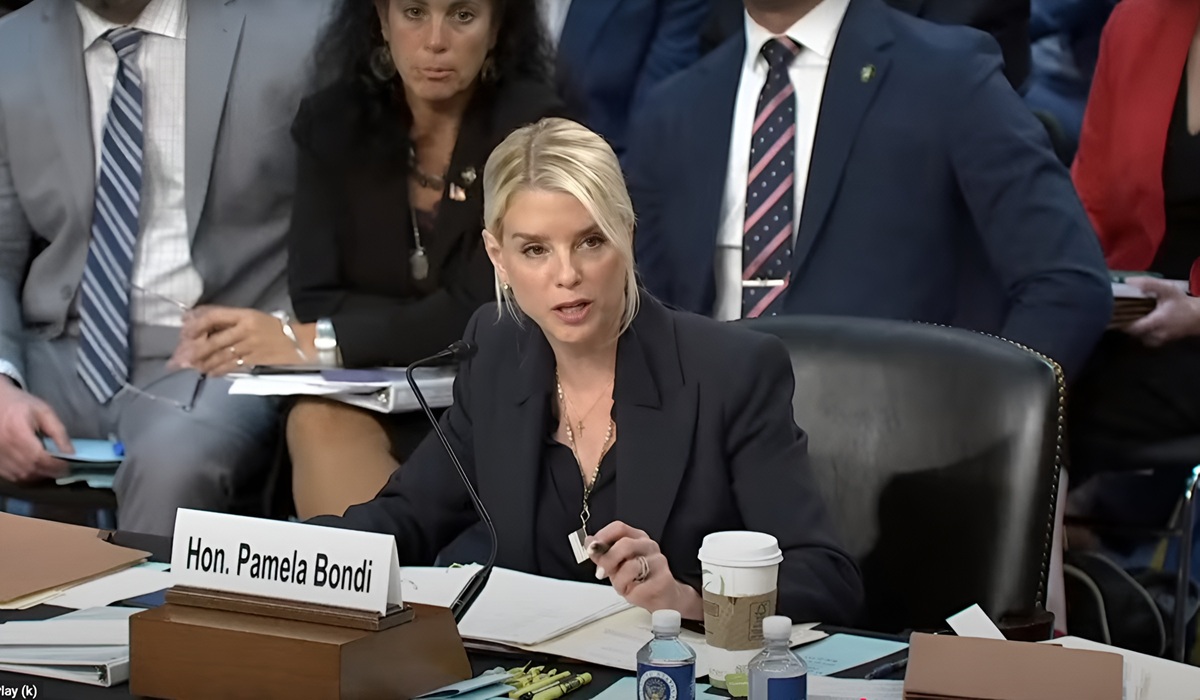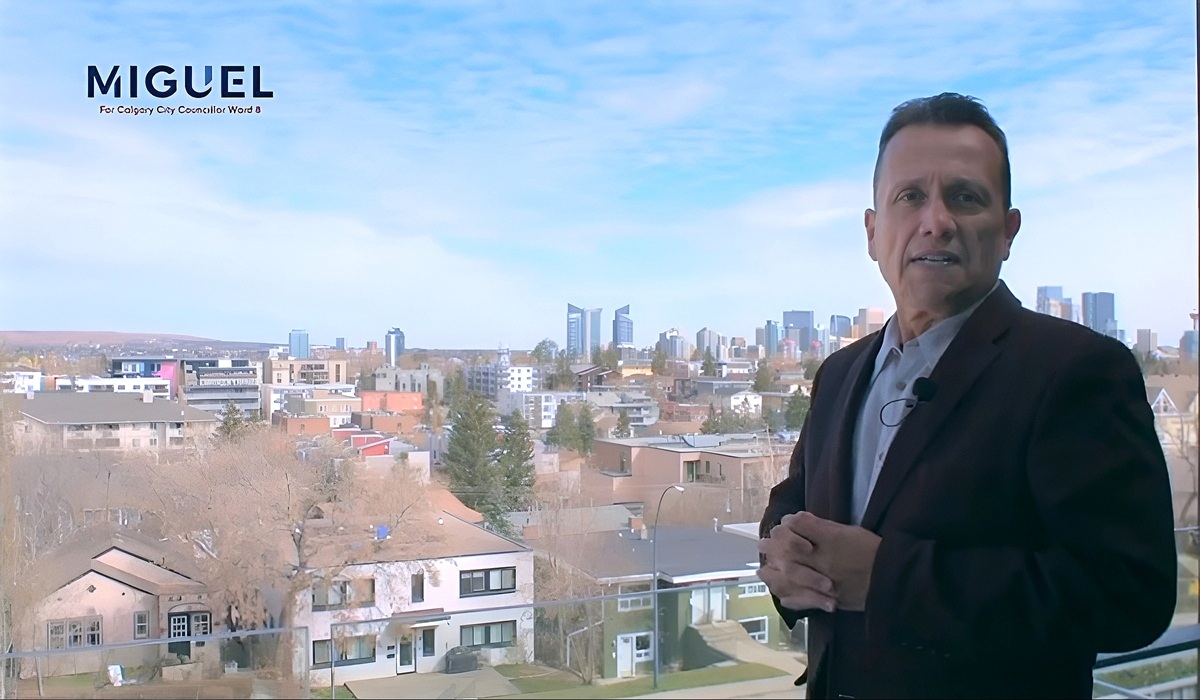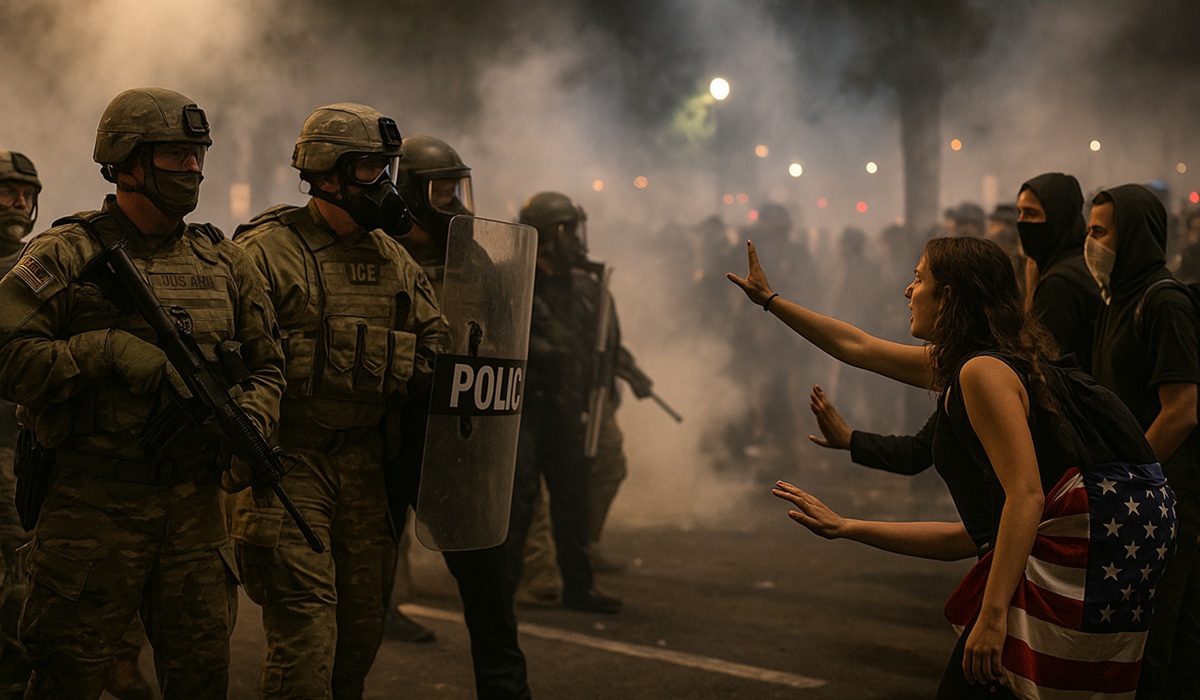Campaigning by Catastrophe: The Dangerous Rise of Sensationalized Politics
- TDS News
- Elections
- Trending News
- April 1, 2025

Image Credit, Pete Linforth
If Canadian politics has entered its most consequential phase with the election campaign now in full swing, then it’s done so with an ugly flourish of exaggeration, distortion, and weaponized messaging. Every day, we see political candidates seize on a microscopic morsel of a story and explode it into something so disproportionate, so absurd, that it barely resembles the truth from which it originated. The worst part? It’s not an accident. It’s strategic. And it’s coming straight from the top.
This isn’t about catching someone in a lie, or painting every leader with a brush of dishonesty. That would be unfair. There is often a sliver of truth buried deep in the rhetoric. But what we are witnessing now is a deliberate political culture that thrives on magnification — not to enlighten voters, but to manipulate them. A small misstep by a rival party becomes “a catastrophic failure of leadership.” A local policy dispute is dressed up as “a national emergency.” A comment taken out of context is wielded as proof of betrayal, disloyalty, or even treason.
Candidates are no longer making their case based on nuanced positions or evidence-based policies. Instead, they’re telling voters that their opponents will destroy the economy, dismantle democracy, or ruin the country’s future — all from something as small as a budget line item or a poorly worded tweet. The goal isn’t clarity. It’s control. The strategy is simple: frighten people enough and they’ll vote for the candidate who promises to save them from the very doom they’ve just invented.
But it’s not just a Canadian phenomenon. South of the border, American politics has taken this game of sensationalism and turned it into a sport — a dangerous, scorched-earth, no-rules blood sport. In the U.S., exaggeration has been dialed up so high that it no longer matters if something is remotely factual. As long as it elicits outrage, it’s good enough. Political debates are no longer about solving real problems; they’re about crafting the most outrageous insult, the most memeable soundbite, or the most viral moment of performative rage.
What we’re seeing now is wedge politics at its most grotesque. Politicians aren’t building bridges — they’re lighting them on fire for dramatic effect. They aren’t informing voters — they’re inciting them. The point isn’t persuasion, it’s polarization. And when the rhetoric takes priority over facts, and when hyperbole becomes the default setting of political discourse, the very foundation of democracy starts to crack.
This is not good politics. It’s not responsible leadership. And it’s definitely not nation-building. It fractures public trust. It hardens divisions. And it poisons the well for any sort of cooperative governance, both within countries and between them.
But here’s the dark reality: this tactic works. Sensationalism gets attention. Outrage drives engagement. Fear wins elections. And as long as that remains true, candidates will keep reaching for the loudest, most incendiary rhetoric they can muster — no matter how far it strays from the truth.
And so the cycle continues. Voters are left to wade through the wreckage of reality, trying to distinguish substance from spectacle. But make no mistake — this isn’t harmless political theater. It’s a dangerous distortion of public discourse. And if we don’t call it out for what it is, and demand something better, we’ll keep spiraling deeper into a politics defined by division, not direction.
Image Credit,
Campaigning by Catastrophe: The Dangerous Rise of Sensationalized Politics
If Canadian politics has entered its most consequential phase with the election campaign now in full swing, then it’s done so with an ugly flourish of exaggeration, distortion, and weaponized messaging. Every day, we see political candidates seize on a microscopic morsel of a story and explode it into something so disproportionate, so absurd, that it barely resembles the truth from which it originated. The worst part? It’s not an accident. It’s strategic. And it’s coming straight from the top.
This isn’t about catching someone in a lie, or painting every leader with a brush of dishonesty. That would be unfair. There is often a sliver of truth buried deep in the rhetoric. But what we are witnessing now is a deliberate political culture that thrives on magnification — not to enlighten voters, but to manipulate them. A small misstep by a rival party becomes “a catastrophic failure of leadership.” A local policy dispute is dressed up as “a national emergency.” A comment taken out of context is wielded as proof of betrayal, disloyalty, or even treason.
Candidates are no longer making their case based on nuanced positions or evidence-based policies. Instead, they’re telling voters that their opponents will destroy the economy, dismantle democracy, or ruin the country’s future — all from something as small as a budget line item or a poorly worded tweet. The goal isn’t clarity. It’s control. The strategy is simple: frighten people enough and they’ll vote for the candidate who promises to save them from the very doom they’ve just invented.
But it’s not just a Canadian phenomenon. South of the border, American politics has taken this game of sensationalism and turned it into a sport — a dangerous, scorched-earth, no-rules blood sport. In the U.S., exaggeration has been dialed up so high that it no longer matters if something is remotely factual. As long as it elicits outrage, it’s good enough. Political debates are no longer about solving real problems; they’re about crafting the most outrageous insult, the most memeable soundbite, or the most viral moment of performative rage.
What we’re seeing now is wedge politics at its most grotesque. Politicians aren’t building bridges — they’re lighting them on fire for dramatic effect. They aren’t informing voters — they’re inciting them. The point isn’t persuasion, it’s polarization. And when the rhetoric takes priority over facts, and when hyperbole becomes the default setting of political discourse, the very foundation of democracy starts to crack.
This is not good politics. It’s not responsible leadership. And it’s definitely not nation-building. It fractures public trust. It hardens divisions. And it poisons the well for any sort of cooperative governance, both within countries and between them.
But here’s the dark reality: this tactic works. Sensationalism gets attention. Outrage drives engagement. Fear wins elections. And as long as that remains true, candidates will keep reaching for the loudest, most incendiary rhetoric they can muster — no matter how far it strays from the truth.
And so the cycle continues. Voters are left to wade through the wreckage of reality, trying to distinguish substance from spectacle. But make no mistake — this isn’t harmless political theater. It’s a dangerous distortion of public discourse. And if we don’t call it out for what it is, and demand something better, we’ll keep spiraling deeper into a politics defined by division, not direction.








